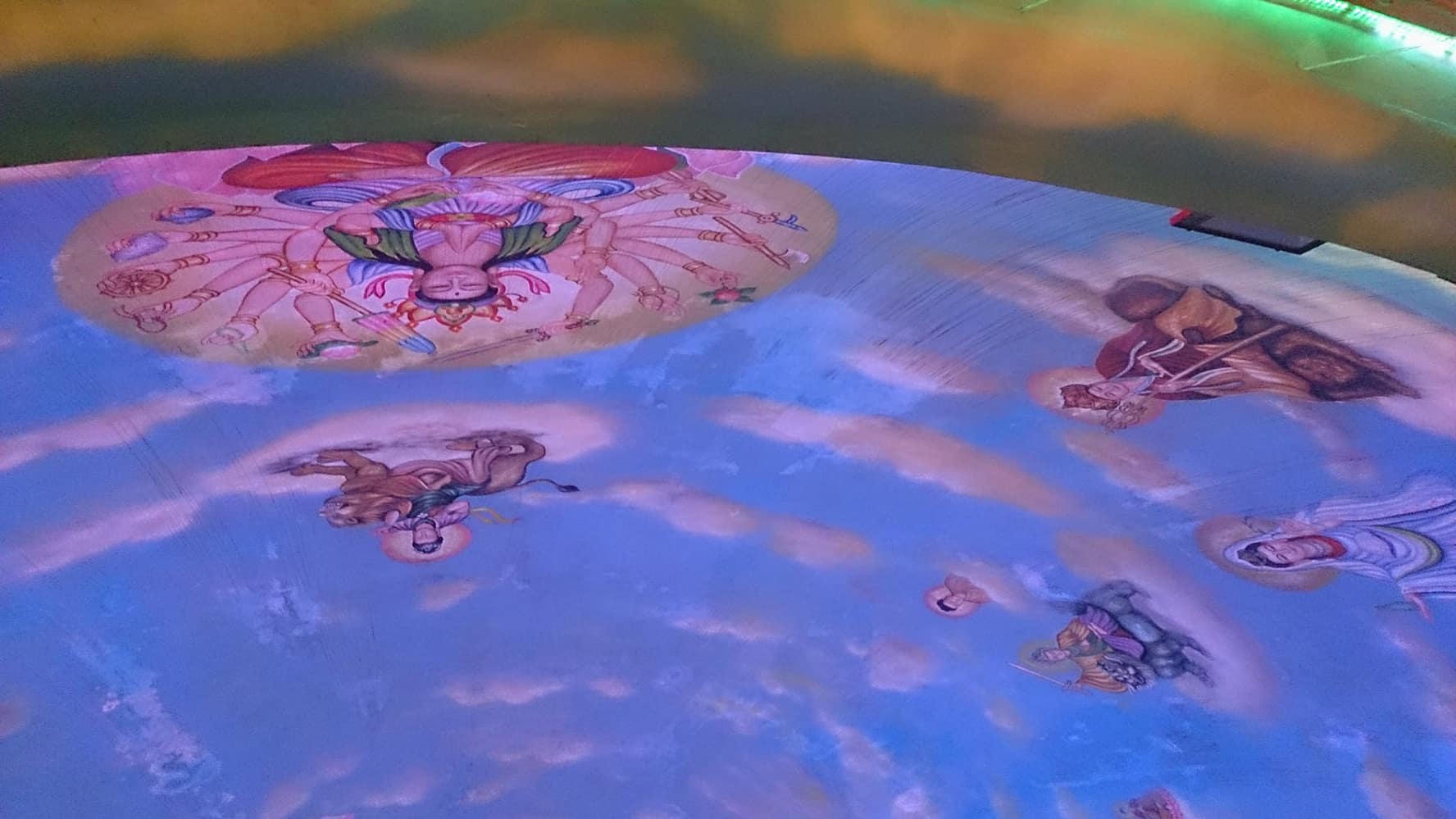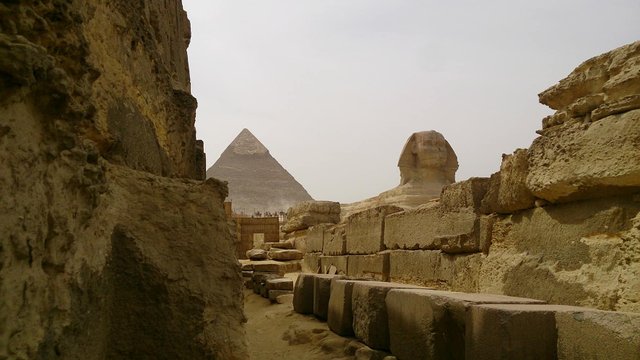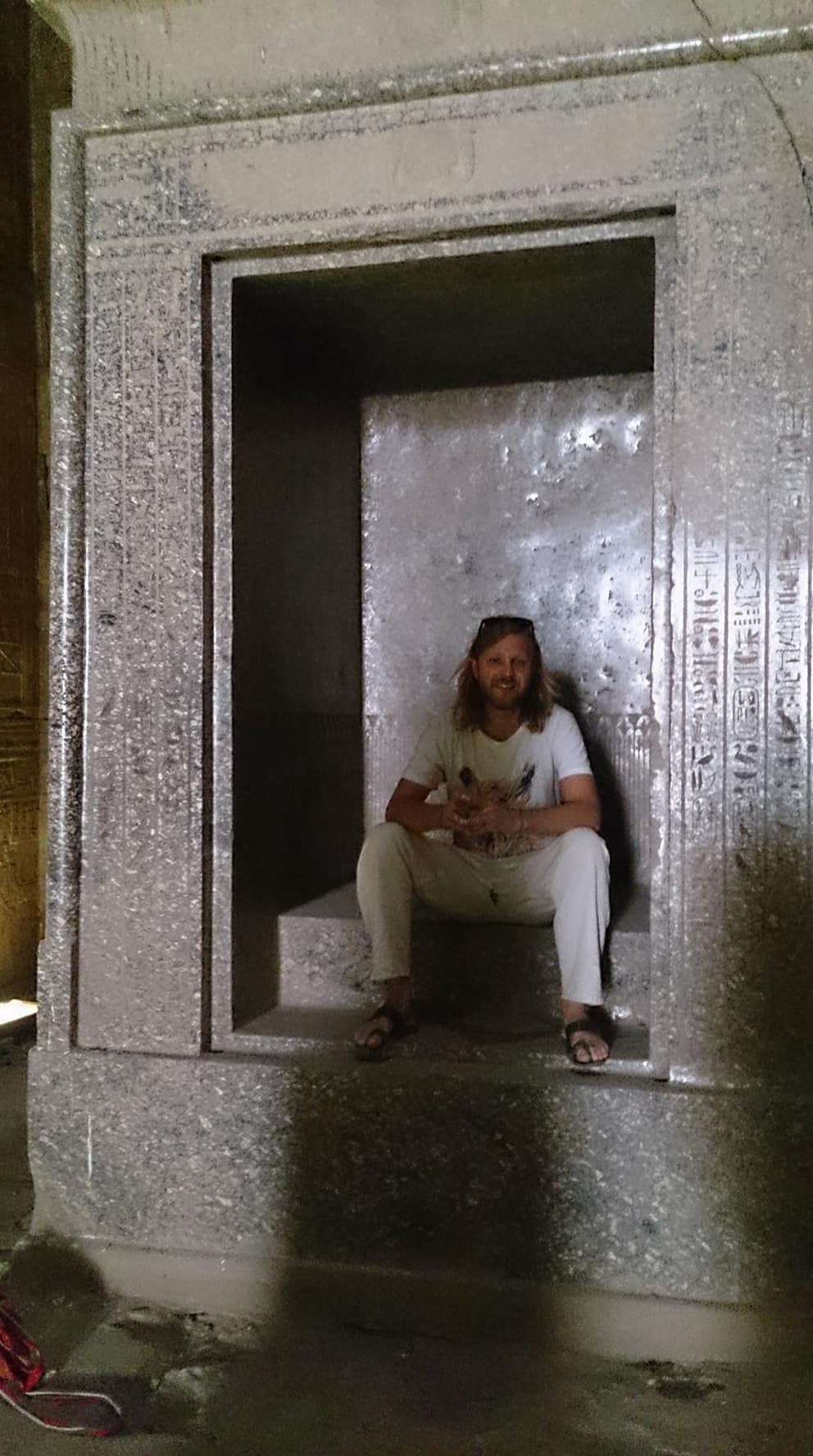An Introduction To Philosophy
An Introduction to Philosophy
“Nobody is wise, only god is wise. We can only be a lover of wisdom."

This stringent observation was the beginning of philosophy. At that moment Pythagoras the great mathematician and thinker coined the term ’’philosopher’’, which means the love of wisdom. Ever since, what Pythagoras referred to be a philosopher and philosophy itself, was nothing but a simple and loving relationship with the truth. An individual who respects truth, mediates on their being, and loves wisdom.
Here is a question to you: why do you pick wildflowers in the latter days of spring? Could it be because you wanted to pick some for your loved one, on your way back home from work? People will have different explanations. The Pythagorean philosopher would have concluded that you simply ’’love flowers’’.
Subsequently, philosophers seek for the truth in the same way a drowning human grasps for air. They seek to confront ignorance head on, because every philosopher understands that ’’one can never be ignorant and free and the same time’’. The best way for the few to exercise power over the many, is to convince people that they are free, and by doing so, suppress the knowledge in which true freedom can be achieved. The pursuit of freedom has always been sought after within the six strands of philosophy.
In other words, you can never enslave a truly free person. This is the reason why true philosophers ended up as martyrs in the ancient world, and have become suppressed in modern times. As philosophy not only redirects our purpose of life, it also creates integrity, that we gain in relation to the experience we have, when we explore the depth of who we are.

Today, the guru’s of science and their followers conclude that a human being is nothing more than a space monkey, flying through a vacuum without a deeper purpose than surviving the day. For survival they say, we must compete with other species and continuously go through a process of selection by nature to strive further. Apparently, this is what defines everything in our reality. Our customs, the way we act, and so on and so forth. But what does that say about science today?
We might conclusively come to the understanding that science with its beliefs must stand speechless and seemingly without substantiated answers, whilst be gazing backward in bewilderment of the ancient achievements – as they have no sufficient answer to those achievements, merely than to fit them to their own scientific model, clinging to it all the way to the bitter end.
By doing so, they belittle the achievements of the ancient world and its living facts, such as the Pyramids, Göbekli Tepe, Stone Henge, the aesthetics of the ancient world, the literature, the rational philosophy of Plato, the mathematics of Pythagoras, the advanced psychology of Siddartha Gautama, et cetera.
If there is an evolution with this taken into consideration, it must certainly be a form of de-evolution. Based on the fact that, if we compare ourselves with the ancient world we must stand in awe of the profundity of their thinking. And be humble enough to see that there are things we do better today, but also that there are facets of human life that we perform with less insight than previous civilizations did. In the ancient world people consequently took another position in relation to the subject of “who we are”, and their conclusion was that a human being is a god in the making. According to their way of thinking, human beings are not a separate part of the universe but merely a part of it. Our purpose was not to seek every opportunity to survive. Susequently, life according to ancient philosophy, was to reach, seek, and unfold enlightenment from within the divine spark of reason we possess.

Philosophy of today has divided itself into all kinds of conflicting theories and schools. Sadly enough, the more it has divided itself the further away philosophy moves from the original purpose of philosophizing. Which comes through philosophical practice, seeking the unification between the individual and the noblest principle of the universe, which is love.
Philosophy questions everything, and the moment philosophy stops to ask questions, it is not philosophy anymore. Without the questioning of oneself and the reality we occupy, we numb our consciousness with intellectual stagnation and emotional sentimentality.
Philosophers in the ancient world considered the faculty of reason to be similar to how scientists considered understanding the phenomenal world through instruments, such as the telescope.
Following this way of thinking, our reason is like a musical instrument. It needs to be taken care of, for you to be able to play on it. With that said, to think deeply, and with reason, is an art in and of itself. In the modern world, we are thinking deeply but lack clarity and reason.

Questions deserve answers, but in a world where people are trying to sell you something, truths without modifications are scarce. Hence, the answers that come through as philosophical, could be defined as ’’poetry set in motions’’. And most of these poetic maxims are metaphorical and symbolic. Metaphorical in the same way that Socrates tried to explain that ’’the only thing I can show you is how to think for yourself’’.
Symbols and metaphors are part of a dynamic thinking and feeling process, in which knowledge is not presented as facts, but rather as a jigsaw puzzle that gives the individual himself the opportunity to put the pieces of a shattered life together. This is the reason ancient philosophers used symbols, such as seen in the Pythagorean mathematics.
Words are made out of letters and letters are symbols, and these symbols both spoken and written, can change the world. But the moment philosophy is reduced to a set of talking points, it functions in the same way as misused words do. Philosophy then, loses it’s essential point, which is to instruct the individual into living a better life. Like words without a sentence, words without actions are meaningless.

From analyzing history we can see that civilizations rise and fall, and we know from looking into the lives of human beings that they fall into aberrant behavior.
Philosophy asks: What causes these destructive fallacies to arise? What causes human beings to choose to perform aberrant deeds? Is the cause primarily a political one? Could it be biological? Are we to selfish? Are we influenced by oligarchical conspiracies? Is society suffering from collective madness? Or are we simply too decadent?
I am truly convinced that all of these examples are fragments of a unifying problem, the summary thus could be simplified into one word: distortion.
Distortion is defined as ''the opposite of harmony''. Harmony is the natural state any human being and the fundamental state of the natural world. Whether mankind is influencing nature or not, harmony exists all over nature. It seems to be innate, in other words, a causal process and a principle.
This can only mean one thing, and that is, the universe has within itself a set of natural laws that exist for us to discover within ourselves, and when we do ’’we take our refuge in the law’’ (Buddha). Following these fundamentals, our universe is not an accidental non-causal anarchy but a benevolent republic. Freedom comes with the responsibility we share to act correctly in keeping the universal constitution dynamic and alive, within this realm of existence we call human life. Thus, immortal freedom is completed when every single human being achieves complete immersion with the laws of the universe.
The purpose of philosophy then, is to discover the principles of life through the reasoning power of the soul. And when these facts are discovered, we are to protect and follow them from time immemorial. If we do not, we fall! It is our choice.

Life is as much of a mystery as you want it to be. Needless to say, the ancient philosophers concluded that we live in the effects that spring forth from metaphysical causes. As immortal beings, we can never fear the unknown. But I believe that today we live in more fear of the unknown than ever before. And it is up to philosophy to guide the individual into ’’a life well spent that brings forth a happy death’’ (Leonardo Da Vinci).
If man has the possibility of experiencing love, compassion, and wisdom and at the same time the universe in all its glory – consisting of the same atoms, spatial energy, and dynamic existence that in its base fundament makes up our life form – then why aren't emotions, thoughts, and ideation present in space? Nothing in our own geocentric arrogance can prove that we are the only living species understanding ’’the noblest of principles’’: love. If we partake in an infinite universe, then this infinitude must be considered to be absolute. If the earth is one-billionth of a pinhead in comparison to the whole ’’physical’’ universe itself, is it right to measure the universe solely in anthropocentric terms? If a man is not the sole measurement of the universe, then what is?
This will be discussed in the next article!

beautiful post - keep up the good work. Following you, as we are passionate about similar things!!
Thank you. I will try to keep up the good work, the next philosophical article will be about Metaphysics. I wish you all the best :)